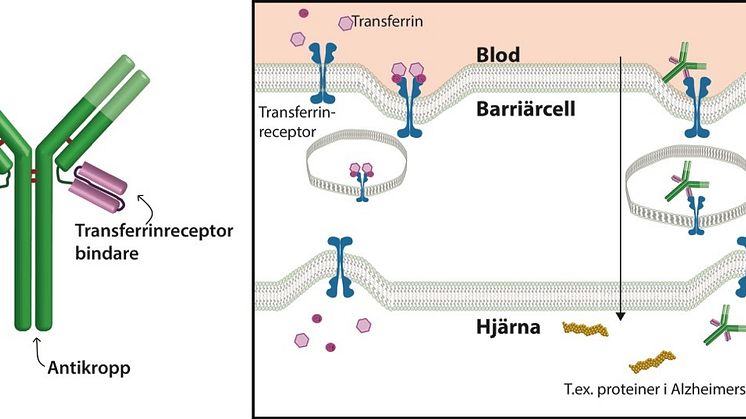New tool for prognosis and choice of therapy for rheumatoid arthritis
In rheumatoid arthritis, antibodies are formed that affect the inflammation in the joints. In an article published today in the journal Annals of the Rheumatic Diseases, researchers at Uppsala University show that antibodies against the cartilage protein collagen II are associated with a good prognosis.
